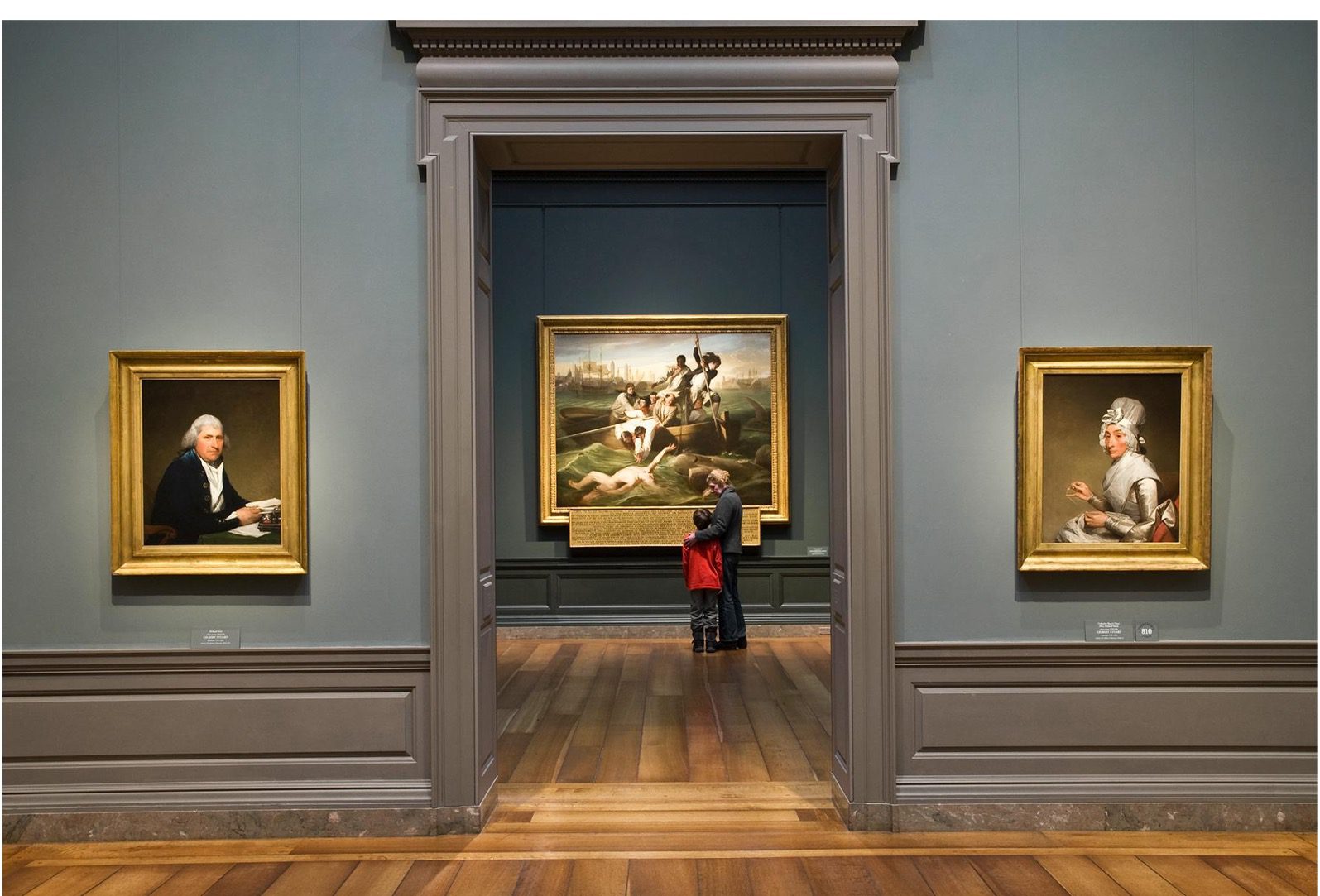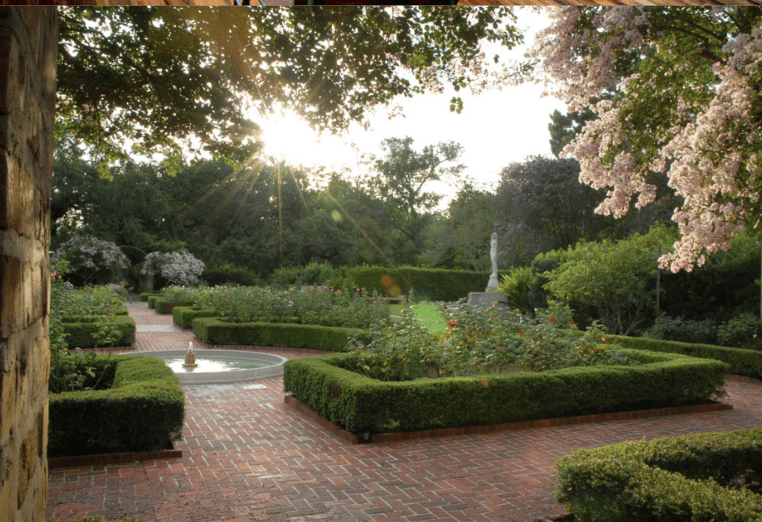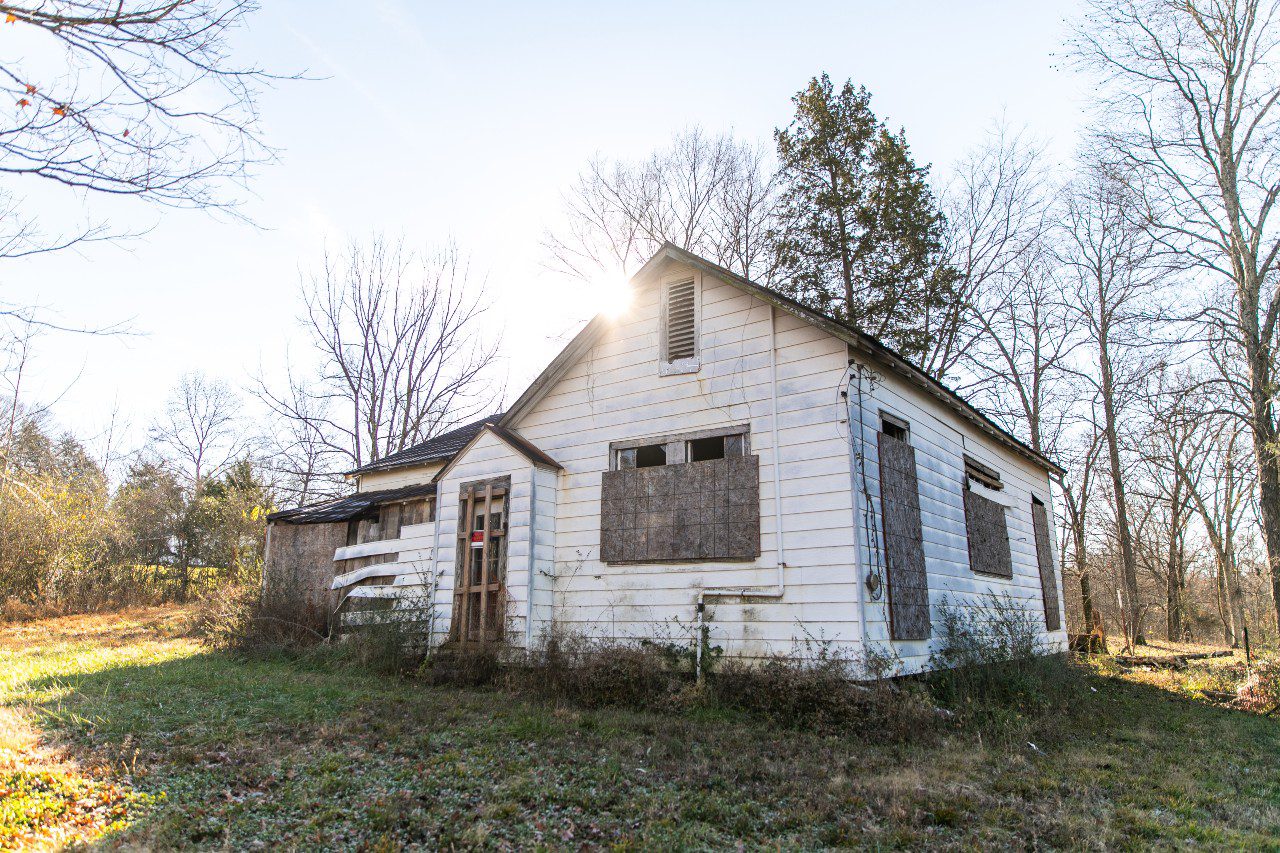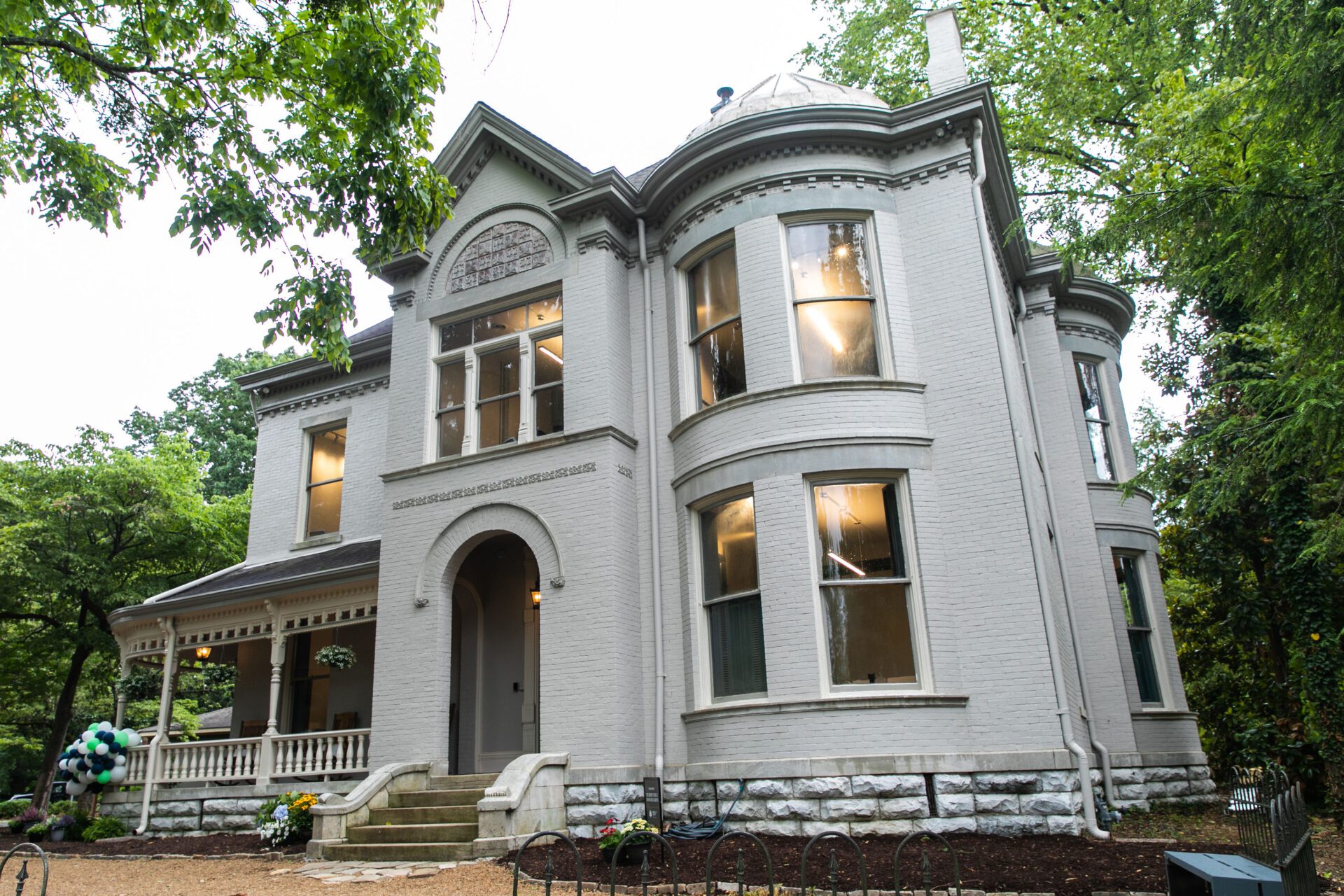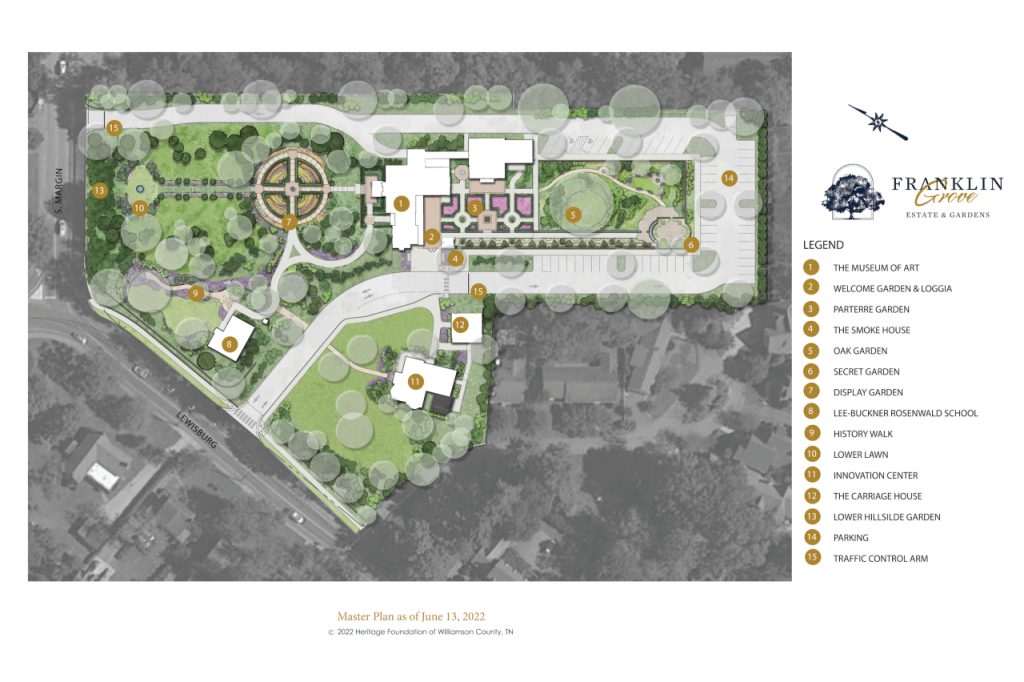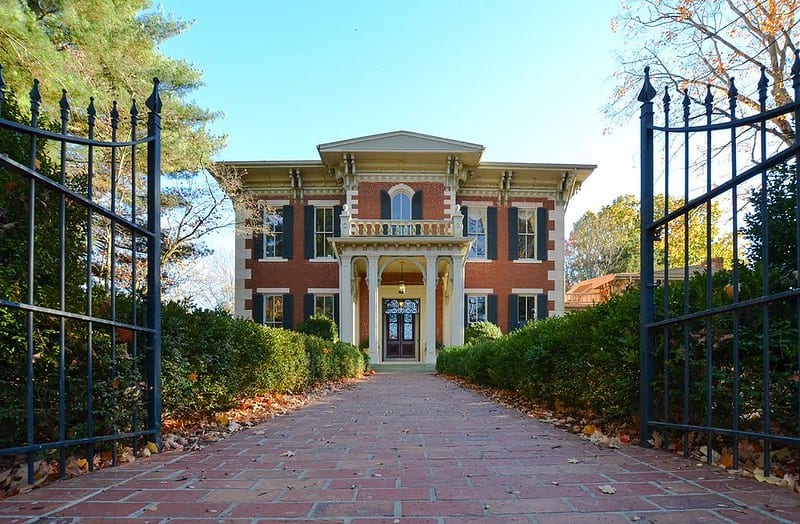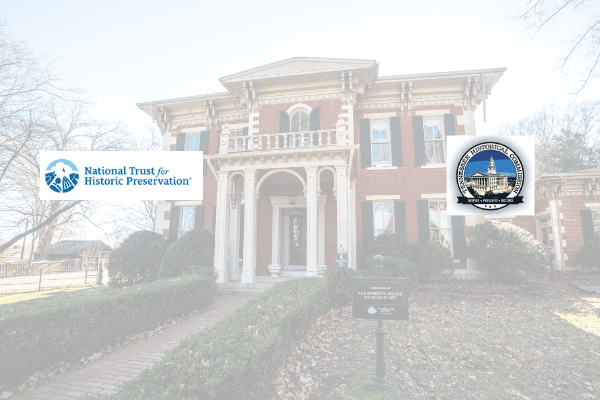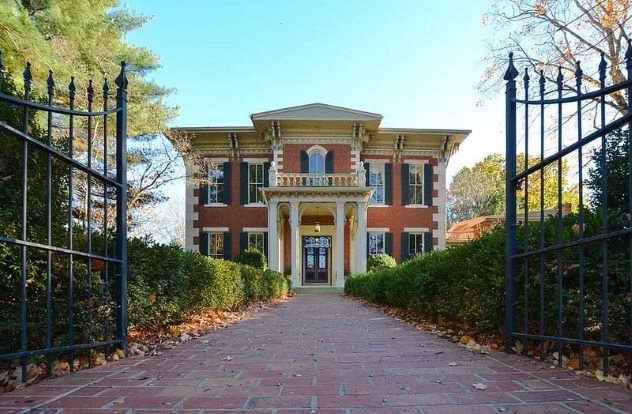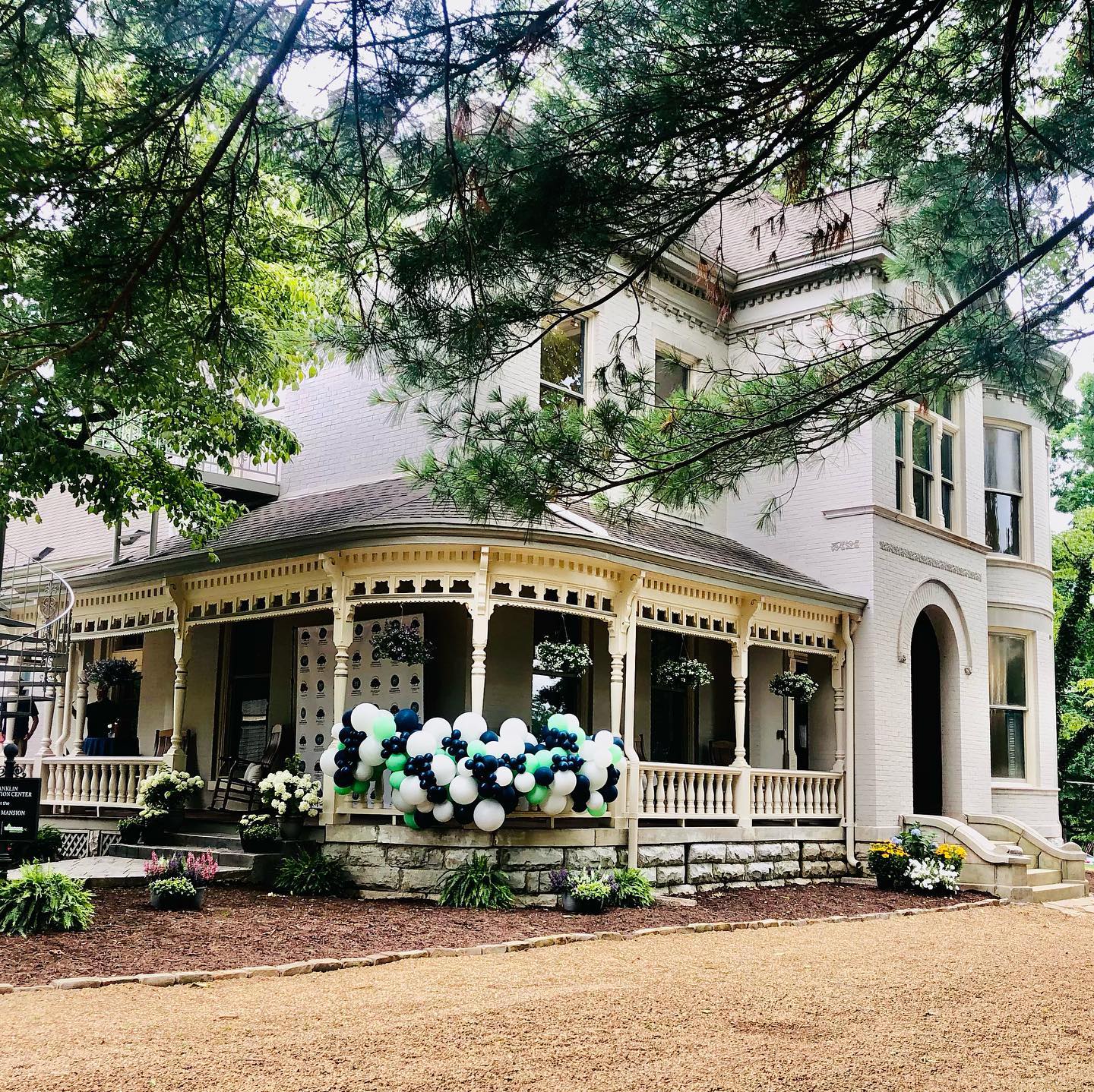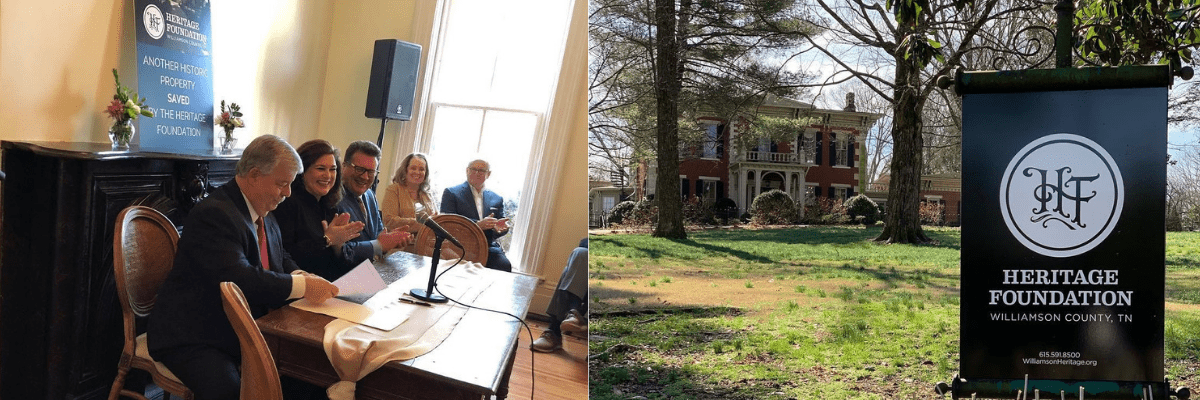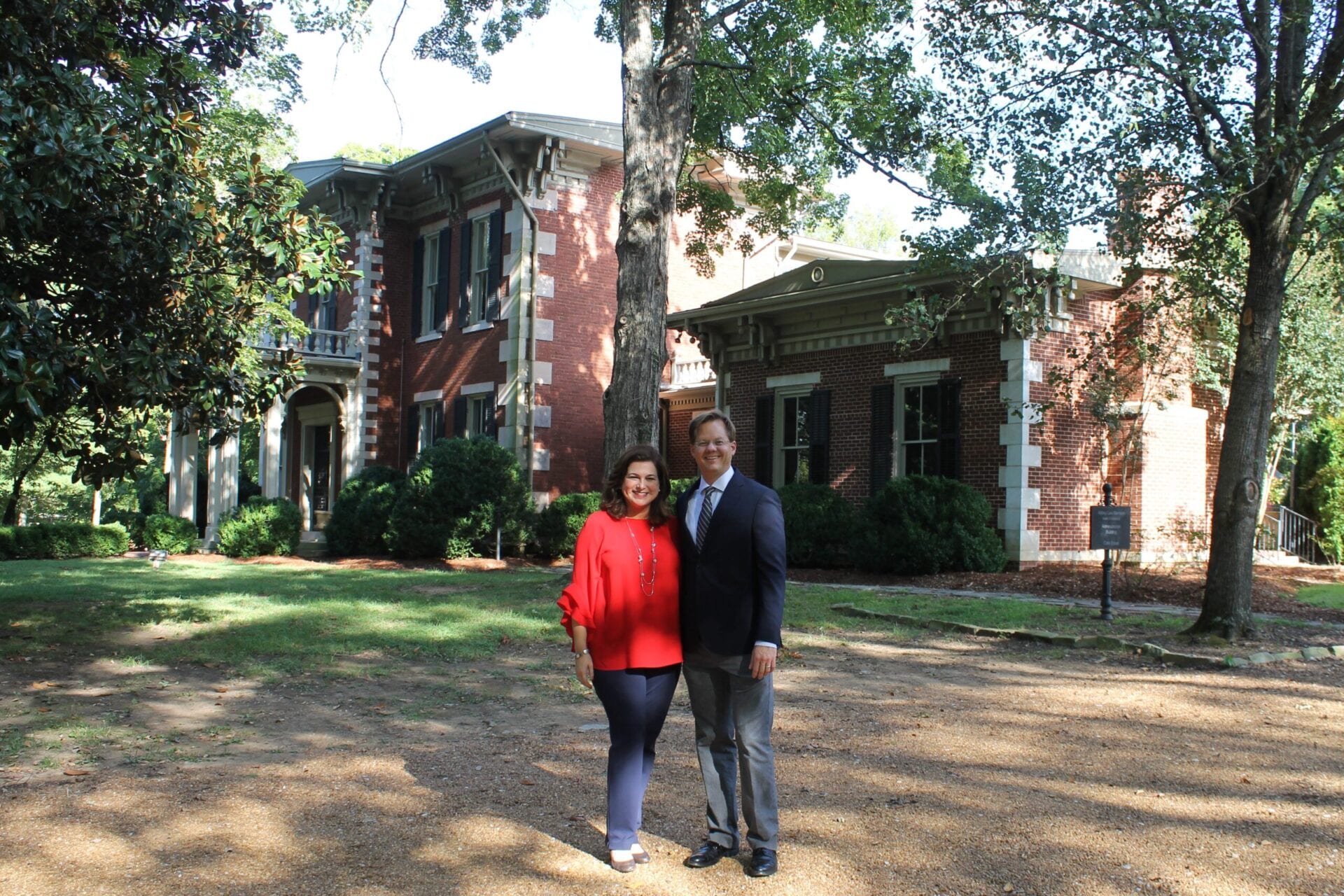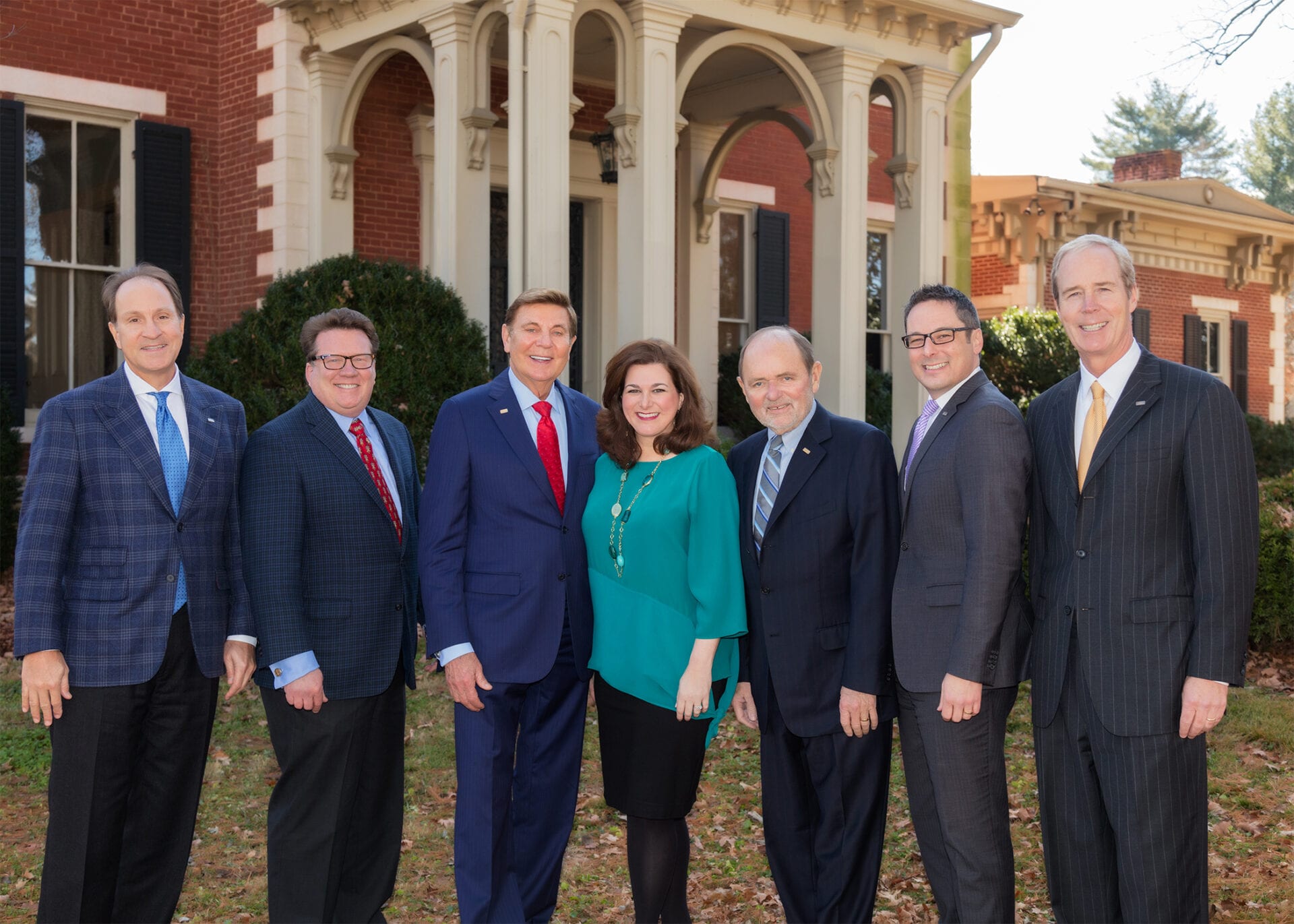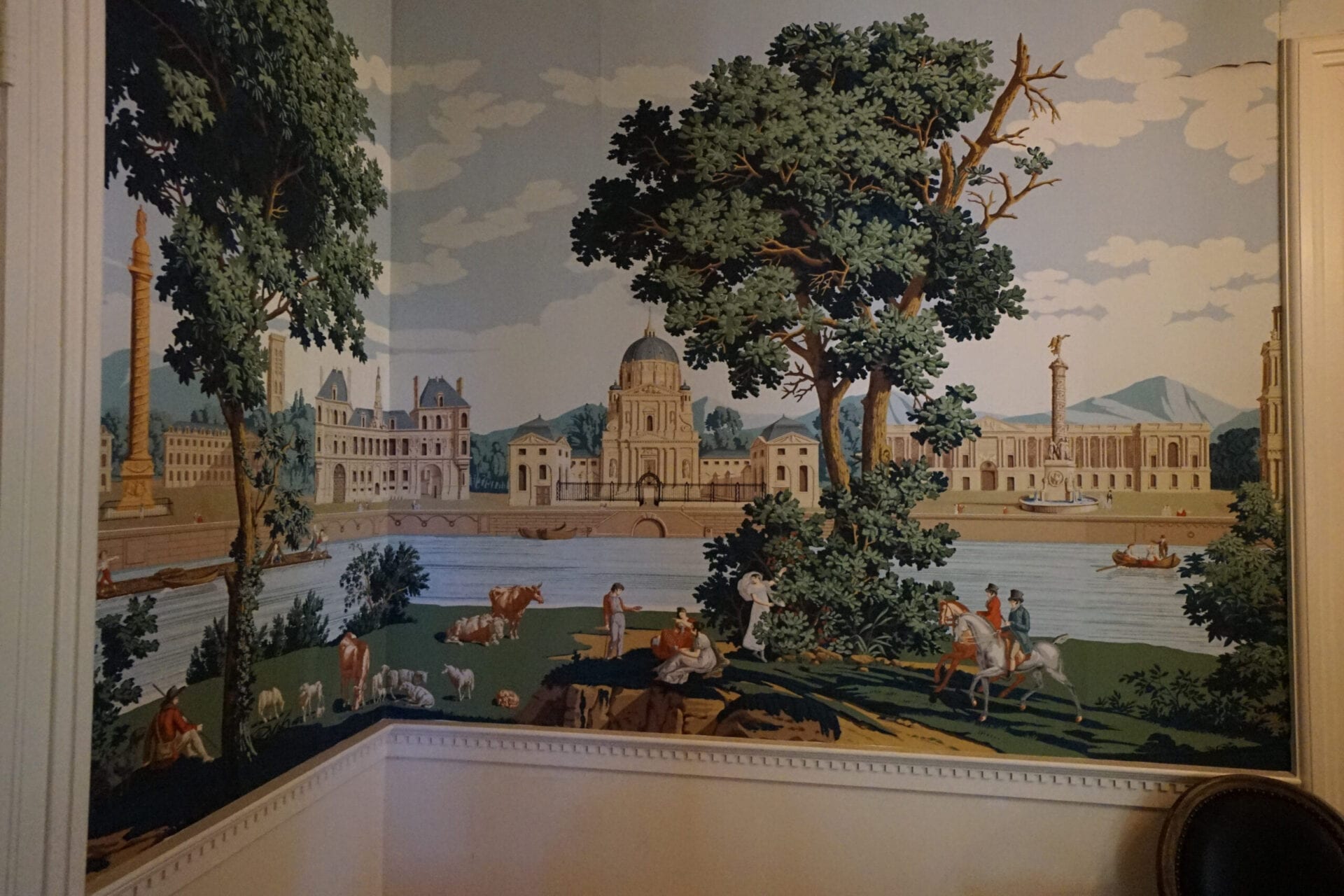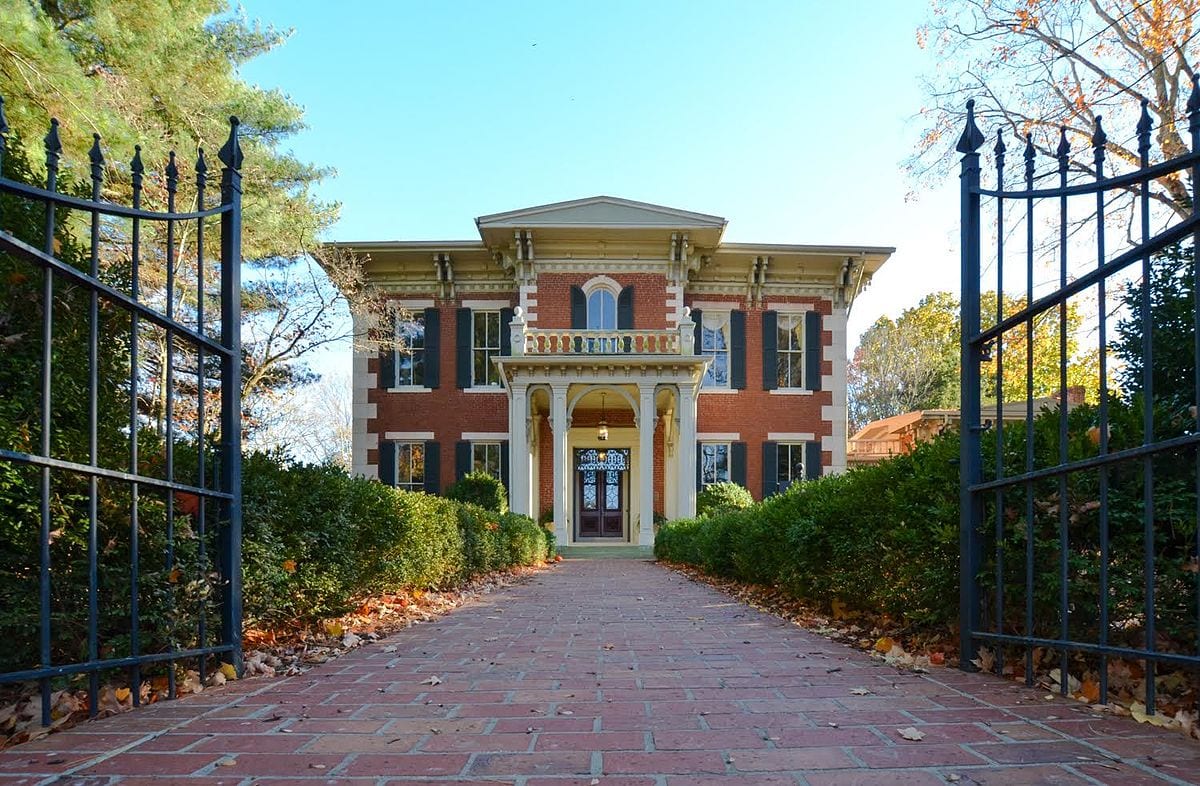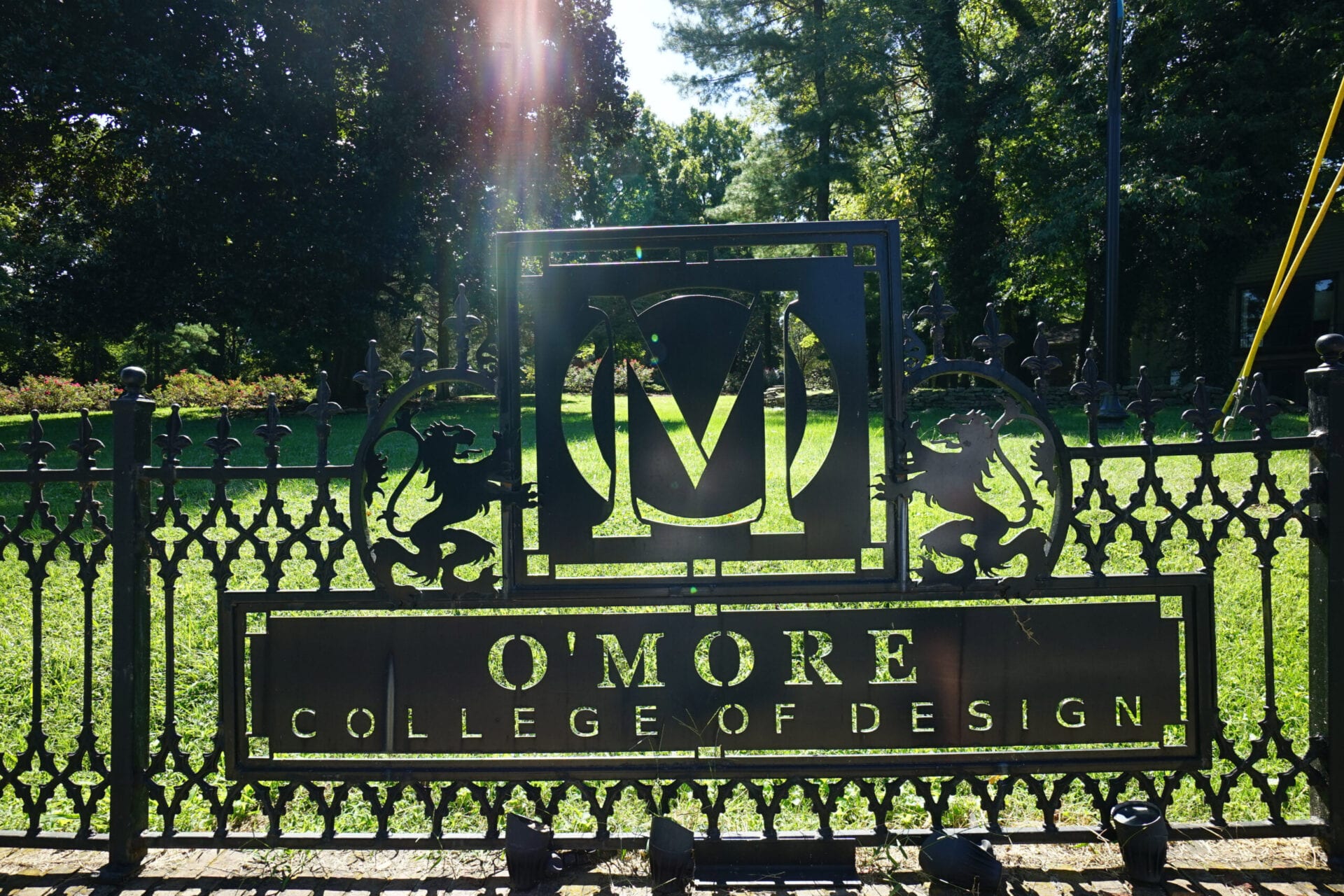“We strongly support the Heritage Foundation’s planned approach to preserving Franklin Grove’s historic property, which reflects well-established best practices of historic preservation, including adaptive reuse, infill construction, shared use with income-producing enterprises, and community engagement.”
The Franklin Grove Estate and Gardens is the latest in a long history of historic preservation initiatives by the nonprofit Heritage Foundation of Williamson County, TN. Our past efforts have supported the Lotz House, Battlefield of Franklin, Carnton, Roper’s Knob, McLemore House, the LeHew Magid Big House for Historic Preservation (Old, Old Jail), Lee-Buckner Rosenwald School, the downtown Main Street streetscape beautification, The Franklin Theatre renovation, and more – each contributing to the quaint appeal and historic charm that has made Williamson County so beloved.
We believe that Franklin Grove represents an integral part of Franklin’s history and therefore deserves to be stewarded for the benefit of the entire community. Franklin Grove will further contribute the ancillary benefit of spurring economic vitality within the county and preserving accessible natural green space for the enjoyment of all.
